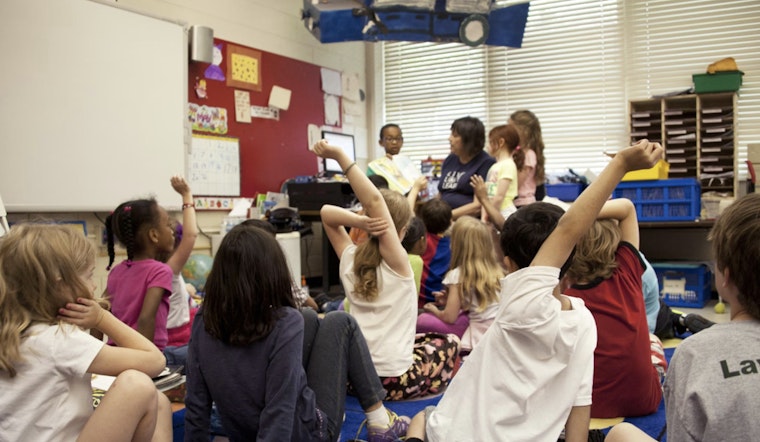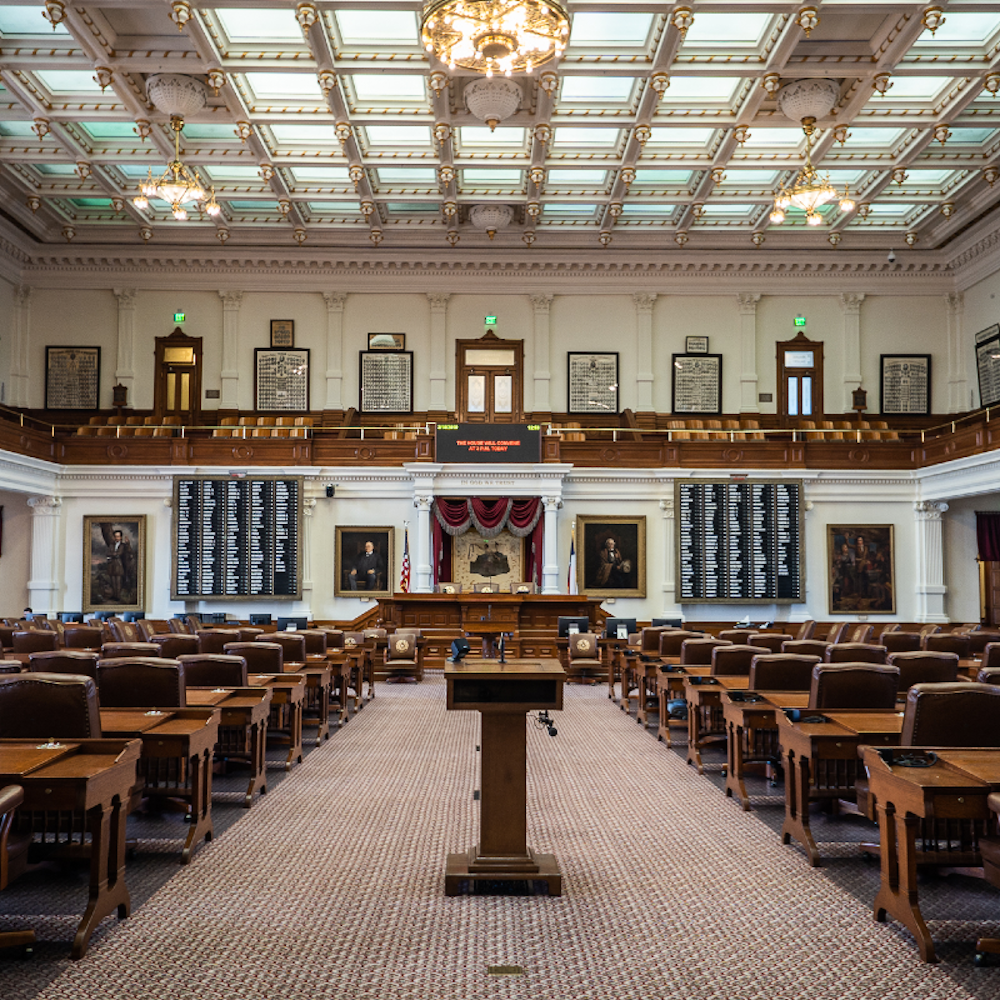
In a significant move for Georgia's education system, Governor Brian Kemp inked a bill on Tuesday that is set to give families vouchers worth up to $6,500 annually, applicable for private school tuition or home-schooling costs. This legislative success represents a critical win for the Republican governor who, through his backing, managed to propel a piece of legislation to fruition that had faltered in 2023. The so-called Georgia Promise Scholarship will start disbursing funds from the 2025-2026 school year, as reported by WABE. For the governor, who could be eyeing a U.S. Senate or presidential bid down the line, this triumph cements his conservative reputation.
Touting "education is truly the great equalizer," Kemp described the initiative as complementing his support for traditional public schools. He referred to salary increases for teachers, ramped up school security funds, and initiatives to enhance student literacy. However, Kemp firmly believes parental involvement should be central to the educational decision-making process. "We know it’s not the government’s role to dictate to families what the best choice is for their child," Kemp said, in a statement obtained by WABE. "It is our job to support them in making that decision."
The new law is not without its detractors, with critics warning that such a voucher system could drain resources from already underfunded public schools. Lisa Morgan, president of the Georgia Association of Educators, took a strong stance: "This bill robs the poorest students in Georgia’s poorest schools of the funding they need," she told WABE. The education savings accounts will be available to students exiting public schools ranked at the bottom 25% in state-wide academic performance, to be used towards expenses such as private schooling, tutoring, or therapy.
Alongside the notable education bill, the governor also signed off on a new directive requiring those under 16 to get parental consent before signing up for social media platforms. Potentially contentious, Kemp has remained unfazed by possible legal hurdles, stating, "If we were concerned about all the legal challenges that we may get this session, we probably wouldn’t have passed anything," according to his discussion with reporters. The legal landscape is a familiar battleground as similar parental consent laws in other states have encountered judicial roadblocks. Yet, Kemp's administration proceeds with a law that also bans the use of social media on school devices and necessitates schools to provide further education regarding online safety.









